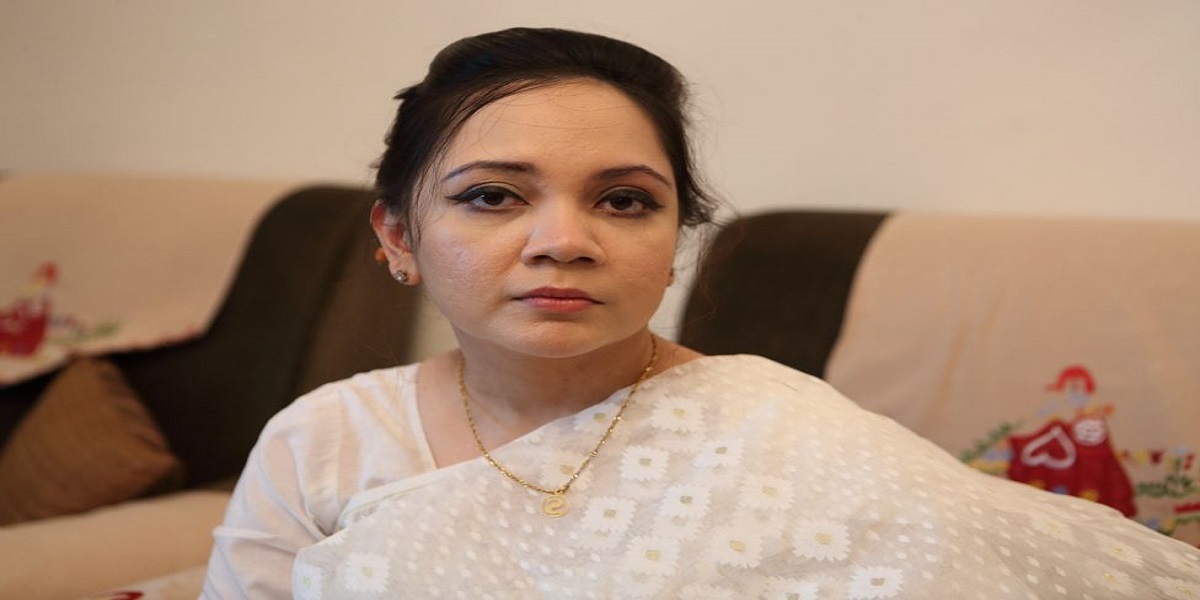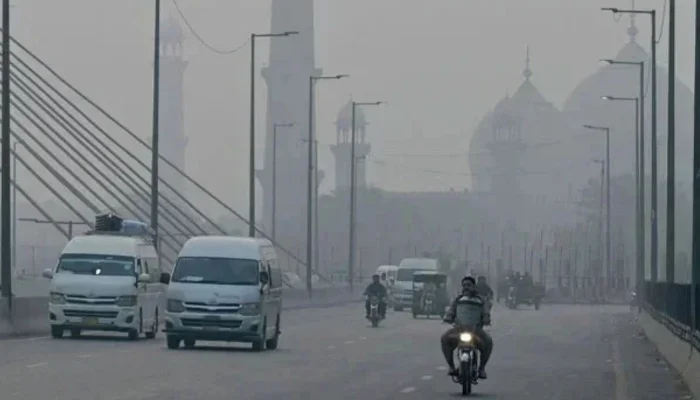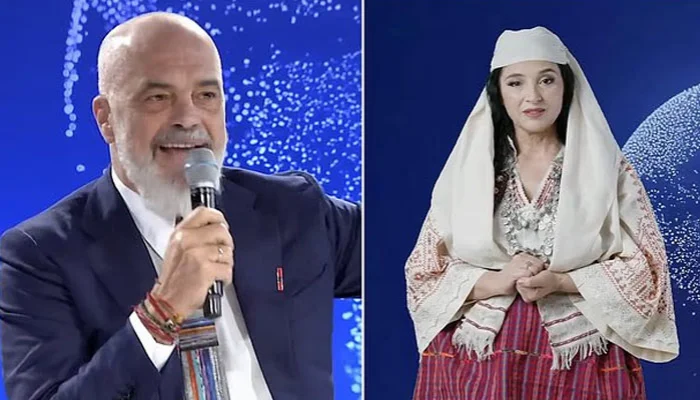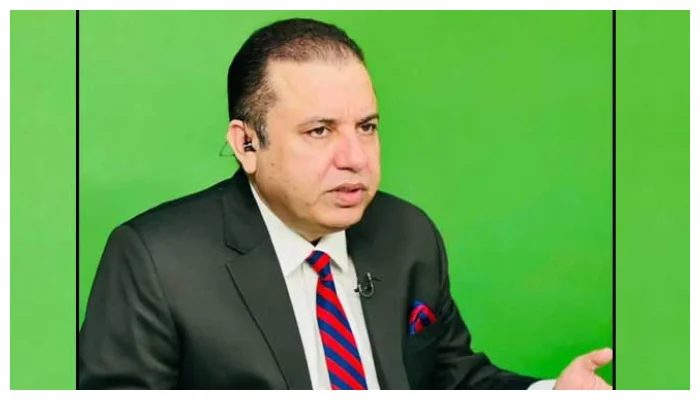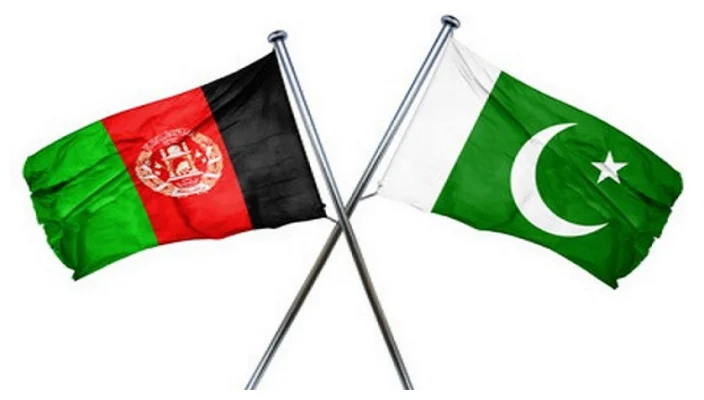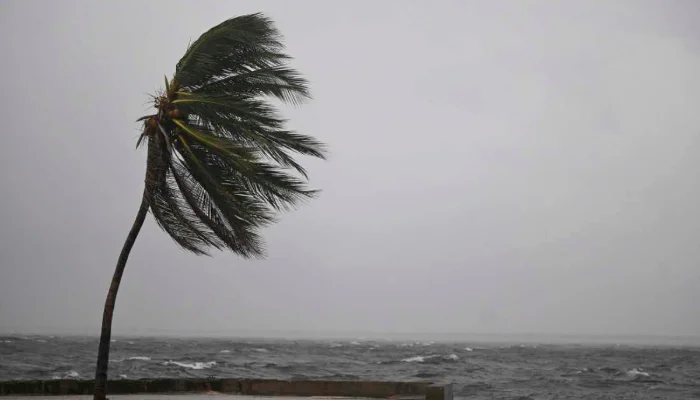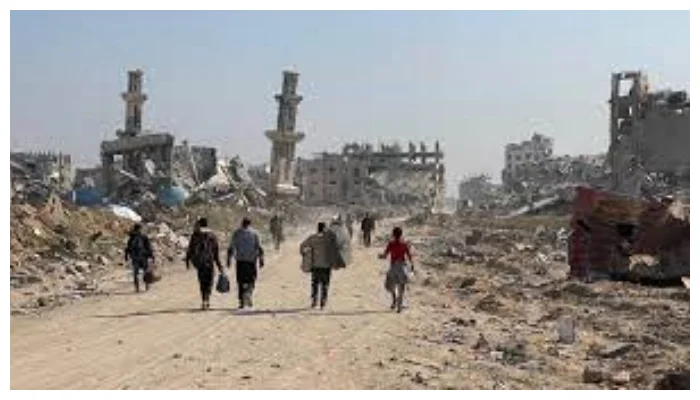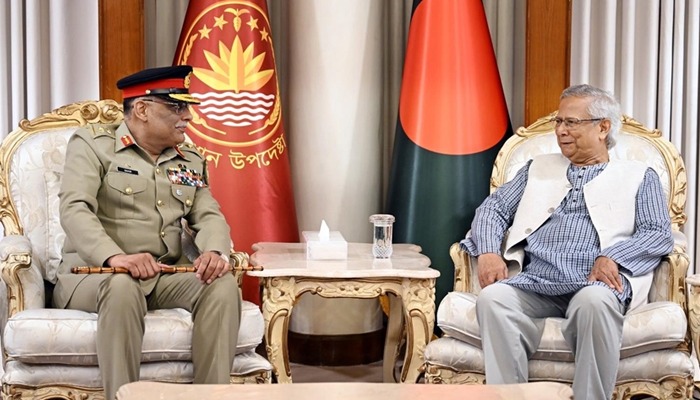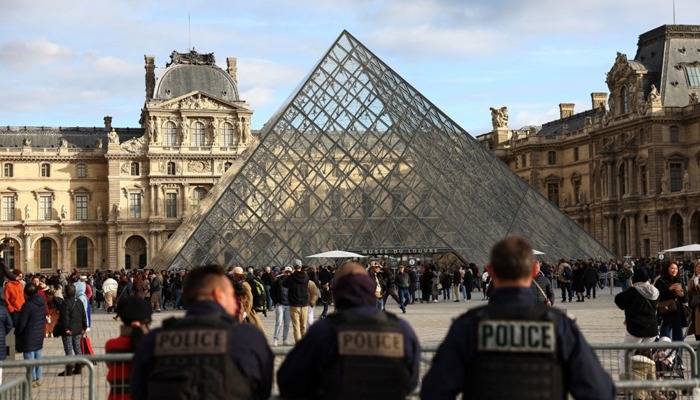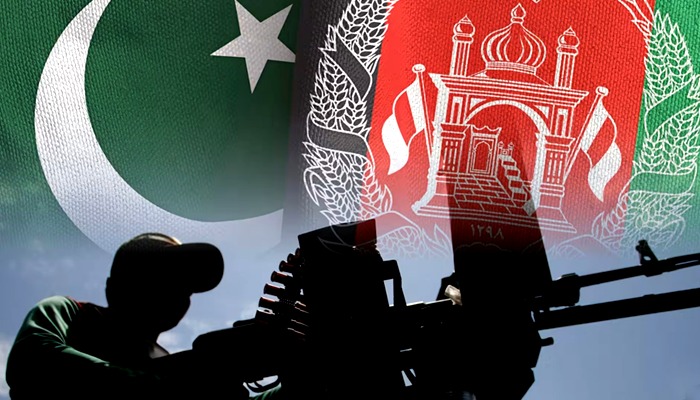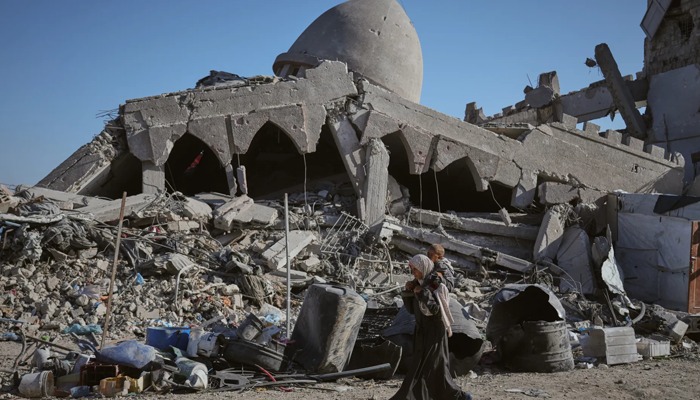Shagufta Tabassum Ahmed agreed to study law on her parents’ advice, though she had no intention of becoming a lawyer. But that changed when her father was murdered. She told gender and identity correspondent Megha Mohan about the 16-year fight for justice against her father’s killers.
The memories from the day I heard my father, Dr Taher Ahmed, had been murdered are both crystal clear and incomplete.
I remember the room, but I don’t remember who was in it. It was a Friday, but I don’t remember the time. I remember hearing the land line ring but I can’t remember who in my family picked it up.
It was my brother calling.
“They have found him. He’s been killed.”
I’m not sure who relayed my brother’s words, but at that moment the life I knew ended.
My mother immediately broke down in tears. Then we sat in stupefied silence as we heard that my father’s lifeless body had been found in a septic tank at Rajshahi University, where he worked as a professor in the geology and mining department.
Our whole extended family had gathered at my brother’s house in Bangladesh’s capital Dhaka. He wasn’t with us, as the day before he had travelled six hours by car to Rajshahi, near the Bangladesh-India border, in search of our father.
My family began to talk at once, interrupting each other.
How? Why?
Who would want to kill him?
My father, the unassuming academic who would rather walk or take public transport instead of buying a fancy car, the university professor whose students seemed to dote on him, the husband who would share the food shopping and cooking while this was still unusual in Bangladesh, the dad whose hand I still held while crossing the street at the age of 18… Who could want such a man dead?
This question would only be the beginning of our family’s nightmare.
Two days earlier, on Wednesday 1 February 2006, my father had taken a bus from Dhaka to Rajshahi University.
He loved the bustling, vibrant campus, which had been our family home when I was young. We lived then in a small university-provided house on site and everything we needed was nearby. My brother Sanzid and I would walk to school in the morning and spend our evenings at playgrounds with the children of other university lecturers. We knew everyone on campus. It was a happy and safe pocket of the world for us.
Eventually though, Sanzid and I left school and moved to Dhaka. Sanzid began working in HR for a large multinational business.
On my father’s advice, which was incredibly prophetic given what was to follow, I studied law at university. I had no intention of becoming a practising lawyer; I thought maybe after my degree I would join an international non-governmental organisation or become an academic. But my father seemed to know what would be best for our family even then. I started university in 2006 and my mother came to live with me in Dhaka, as I settled in.
The week he died, my father had come to Dhaka to visit us all for a few days, leaving for Rajshahi early in the afternoon on Wednesday 1 February 2006. He called my mother to let her know that he had made it safely, and called again a few hours later, just before 9pm. I imagine he then prepared for bed. The police would later find his trousers hung from the bedroom door handle.
He would only be alive for a short while. The coroner later said he was killed before 10pm.
My father had returned to the university to attend a meeting about the future of a colleague, Dr Mia Mohammad Mohiuddin. Dr Mohiuddin had once been a close family friend, but his and my father’s relationship had come to an abrupt end not long before. My father had discovered several instances of plagiarism in Dr Mohiuddin’s work and had raised this with faculty staff. A meeting had been organised to discuss how the department would handle the controversy.
But my father did not turn up to that meeting. Nor did he answer our calls. The caretaker, Jahangir Alam, said he was not at the house – adding, curiously, that he had not seen him arrive at all.
Alarmed, my mother asked my brother to travel to Rajshahi that evening to search for him. The following day, 3 February 2006, my brother found my father’s dead body in the septic tank located in the garden of the university accommodation. This was now a murder investigation.
For a moment, the world’s eyes seemed to turn on my family. My father’s death was big story, a murder mystery, a true-crime whodunnit. His face flashed on TV and was printed in newspapers. International and local media searched for salacious details that would make a compelling story: good, popular, healthy men don’t die this way. There were many unanswered questions. Who would kill a respected university professor? Was it a personal grudge? Hardline Islamists? What did it say about Bangladeshi society?
In the midst of the pandemonium, I was in awe of my brother and mother. They sprang into action. My mother joined my brother in Rajshahi to assist the police, to work out a timeline and go through all suspects. Within weeks Dr Mia Mohammad Mohiuddin – the colleague my father had accused of plagiarism – the university accommodation caretaker, Jahangir Alam, and four others, including Alam’s brother and brother-in-law, were arrested and charged with my father’s murder.

